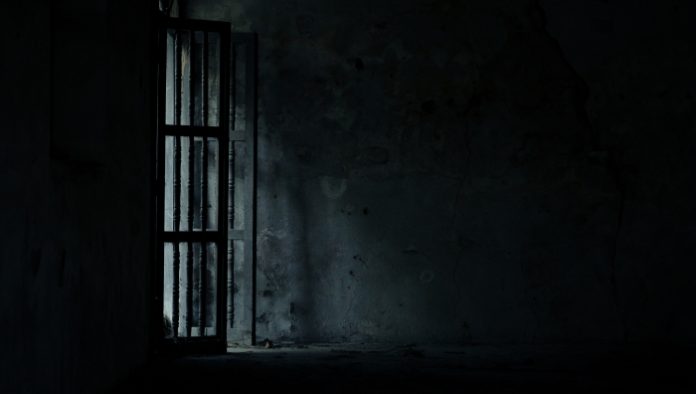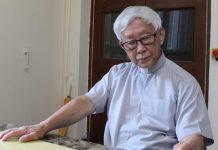09/24/2021 Eritrea (International Christian Concern) – Two pastors who were arrested and imprisoned by the Eritrean government in July are still being held in prison, sources with knowledge of the situation told ICC. Both in their mid-seventies, Pastor Girmay Araya and Pastor Samuel Okbamichael were arrested in the middle of the night before being taken to the Wengel Mermera interrogation center run by the Ministry of Justice in Asmara, the capital of Eritrea.
Both pastors were largely retired from the ministry when they were arrested, raising questions about why they were targeted. Eritrea has a long history of targeting religious figures and is currently detaining many others pastors.
Called “Africa’s North Korea” by some, Eritrea is a one-party state ruled by an oppressive, totalitarian government that is openly hostile to religion. Religious prisoners are often subjected to long or indefinite terms in prisons where they suffer unimaginably inhumane conditions.
Former prisoners at Mai Serwa, another prison in Asmara, report being held in shipping containers, each holding 8-22 detainees and extremely susceptible to the extreme weather swings of the desert around them. According to the United Nation’s Office of the High Commissioner for Human Rights (OHCR), “inmates are subjected to total darkness, which increases their suffering. A torture chamber made of concrete is reportedly located at the back of the containers. [One] detainee… was interrogated and tortured four nights per week for two months.”
“Individuals who are arrested for religious reasons are systematically subjected to ill-treatment and torture,” the OHCR said. “It is common practice to coerce renunciation of faith.”
Despite its similarities to North Korea, Eritrea seems to have largely managed to escape that country’s penchant for attracting sanctions. In fact, the U.S. is actually lifting sanctions off of the country. However commendable this may be from a diplomatic or economic perspective, it is important that the U.S. not lose sight of the real, systematic abuses at play in Eritrea. It should continue to pressure Eritrea, including through targeted sanctions designed to force behavior change at every level of the abusive system.
“If it does decide to improve relations with Eritrea, the U.S. must use that closeness to pressure the country to begin respecting human rights,” said Jay Church, ICC’s Advocacy Manager for Africa. “A thorough rehauling of its judicial system, the abolishment of its horrendous penal system and the creation of a professional one in its place, and respect for religious freedom would be a good place to start.”















